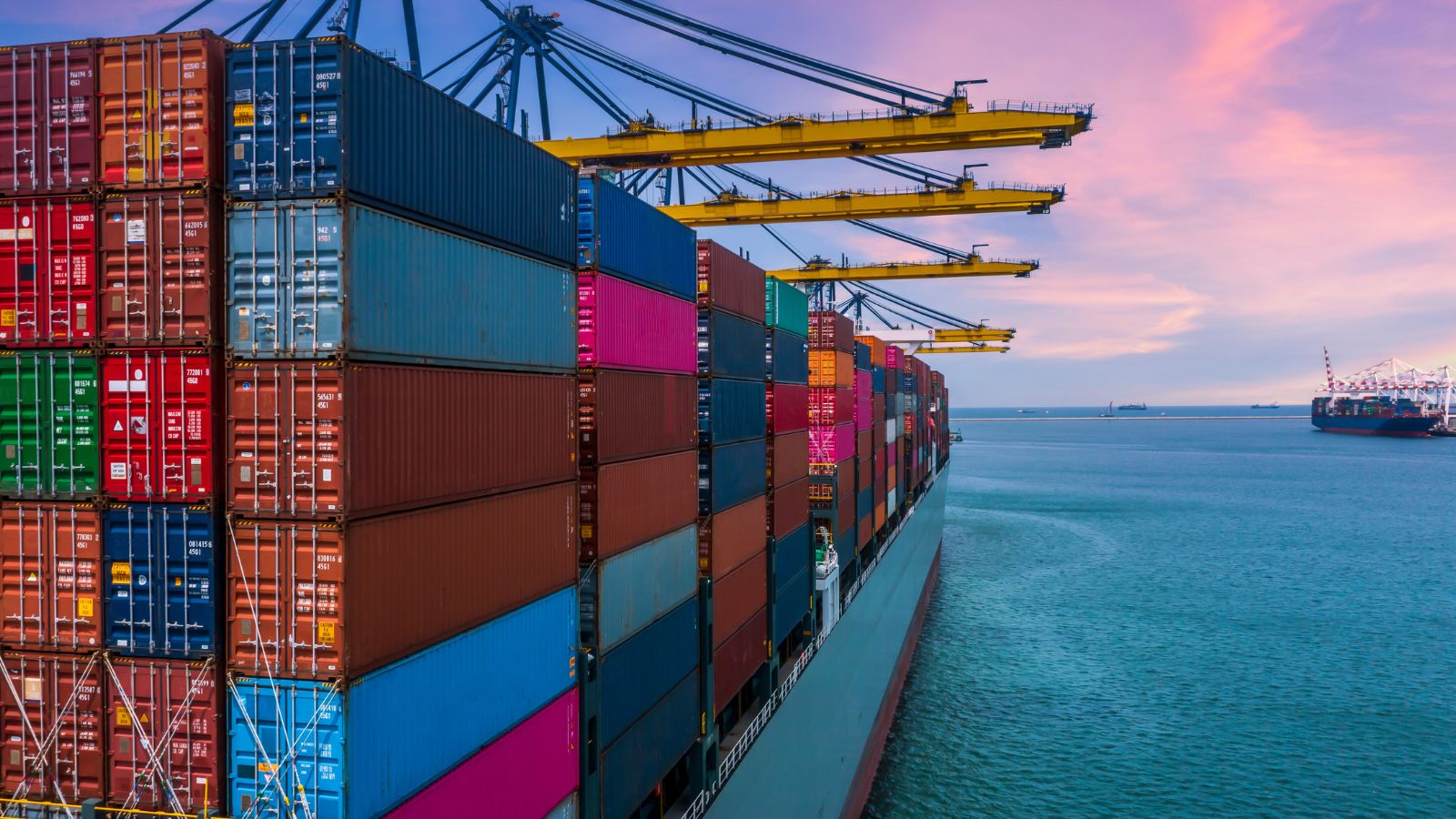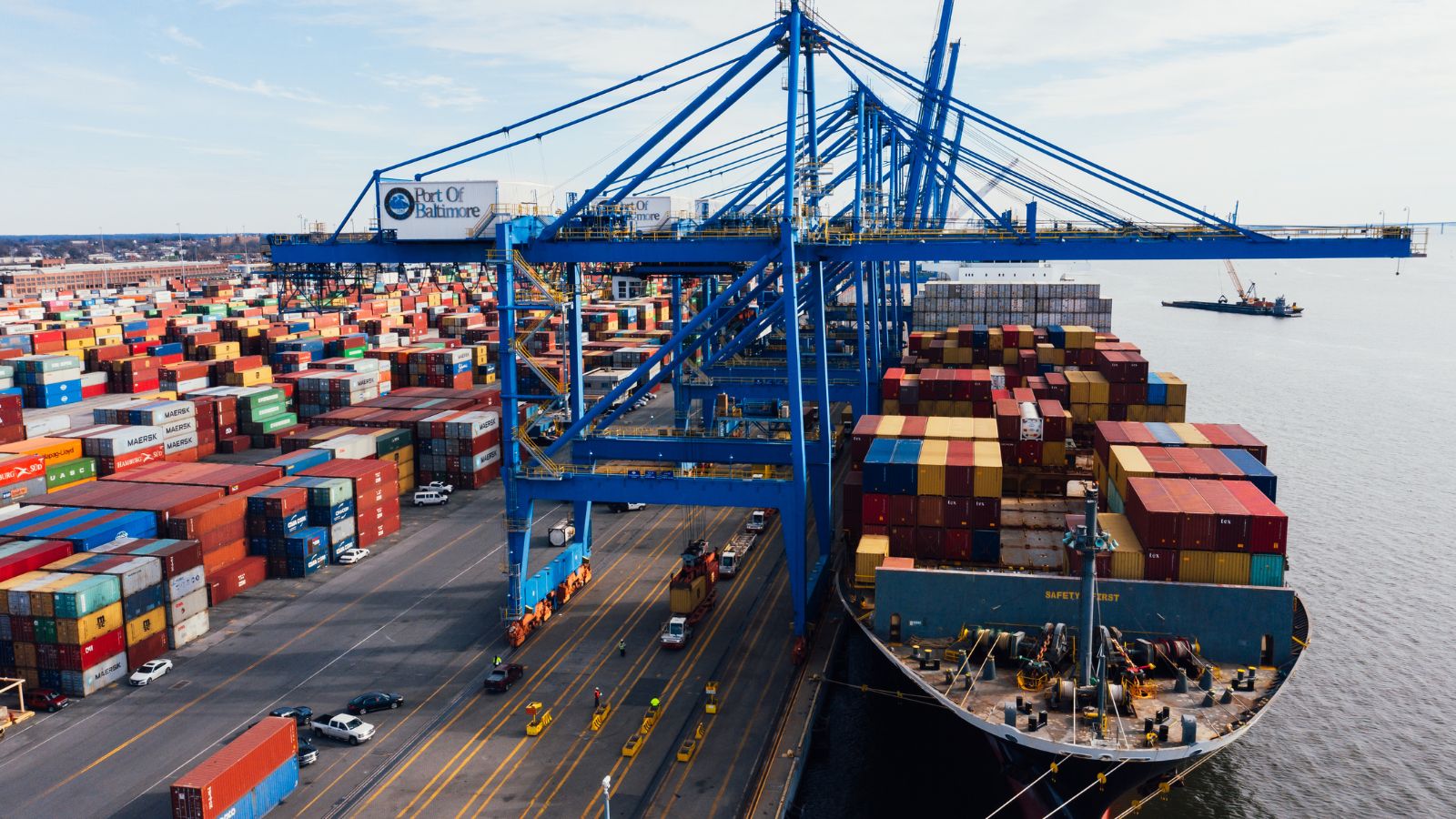China has long been a dominant force in global trade, supplying businesses worldwide with a vast range of products at competitive prices. From electronics and textiles to industrial components and consumer goods, Chinese imports play a crucial role in supply chains across multiple industries. Understanding why so many businesses rely on imports from China, and how you can effectively do the same, can help you stay competitive in today’s global market.
The Advantages Of Importing From China
Cost-Effective Manufacturing
One of the primary reasons businesses import from China is cost-effectiveness. Due to lower labour costs, economies of scale, and an extensive manufacturing infrastructure, Chinese suppliers can offer high-quality products at significantly lower prices than many Western manufacturers. This affordability enables businesses to increase profit margins while keeping retail prices competitive.
Diverse Product Range
China is home to manufacturers that produce an extensive variety of goods. Whether you’re sourcing raw materials, industrial equipment, clothing, or consumer electronics, China’s manufacturing sector provides an abundance of options. This diversity makes it easier for businesses to find products that align with their brand and customer needs.
Advanced Production Capabilities
Chinese manufacturers have continuously upgraded their production processes, investing in automation, AI-driven quality control, and precision engineering. As a result, businesses benefit from cutting-edge manufacturing techniques that ensure consistency, durability, and compliance with international quality standards.
Scalability For Growing Businesses
For businesses looking to scale, China’s vast production capacity allows for seamless expansion. Whether ordering in small batches or placing large-scale orders, Chinese suppliers can accommodate different levels of demand. This flexibility is particularly beneficial for startups and SMEs looking to grow without committing to high initial production costs.
Access To OEM And Custom Manufacturing
Many Chinese manufacturers offer Original Equipment Manufacturer (OEM) and custom production services. This allows businesses to create private-label products or modify existing designs to meet specific market needs. Custom manufacturing ensures differentiation and brand exclusivity, helping businesses stand out in competitive markets.
How To Successfully Import From China
While importing from China offers significant advantages, it requires careful planning and strategic execution. Here’s how businesses can navigate the process effectively:
1. Identify Reliable Suppliers
Finding a trustworthy supplier is crucial. Platforms like Alibaba, Global Sources, and trade fairs such as the Canton Fair provide access to verified manufacturers. Conduct due diligence by checking supplier reviews, requesting samples, and verifying certifications to ensure quality and reliability.
2. Understand Import Regulations And Compliance
Different countries have varying import regulations, tariffs, and quality standards. Ensuring compliance with safety and legal requirements helps avoid delays, fines, or rejected shipments. Working with customs brokers and freight forwarders simplifies this process, ensuring a smooth import experience.
3. Choose The Right Shipping Method
Selecting the best shipping method depends on cost, speed, and the type of goods being imported. Businesses typically choose between:
- Sea Freight: Cost-effective for large shipments but slower transit times.
- Air Freight: Faster but more expensive, ideal for urgent or high-value items.
- Rail Freight from China: A cost-efficient and faster alternative to sea freight, rail transport is increasingly popular for shipments to the UK and Europe.
Each method has its benefits, and the choice should align with your budget and delivery timeline.
4. Manage Quality Control And Inspections
Quality control is essential when importing from overseas suppliers. Businesses should conduct product inspections before shipping to avoid receiving defective goods. Many third-party quality control firms operate in China, offering factory audits and pre-shipment inspections to ensure products meet specifications.
5. Work With An Experienced Freight Forwarder
Freight forwarding services help streamline the logistics process by handling transportation, customs clearance, and delivery. This includes managing international shipments, such as air freight from China to the UK, where speed and reliability are critical. Partnering with an experienced freight forwarder ensures shipments arrive on time and in good condition, reducing potential supply chain disruptions.
Common Challenges And How To Overcome Them
While importing from China offers numerous benefits, businesses should be aware of potential challenges and ways to mitigate them:
- Language and Cultural Barriers: Effective communication is crucial. Working with bilingual sourcing agents or hiring translators can help bridge gaps.
- Product Quality Issues: Establishing clear product specifications and conducting inspections reduces the risk of receiving substandard goods.
- Fluctuating Shipping Costs: Keeping track of global shipping trends and working with multiple logistics providers ensures cost-effective transportation.
- Intellectual Property Concerns: Registering trademarks and patents in China helps protect intellectual property rights.
- Extended Lead Times: Planning orders in advance and using alternative shipping routes, such as rail freight from China, can help avoid supply chain disruptions.
Final Thoughts
Importing from China remains a smart strategy for businesses looking to source high-quality products at competitive prices. With a well-planned approach, the right logistics strategy, and a reliable supplier network, companies can optimise their supply chains and improve profitability.
Choosing the best shipping method, such as rail freight from China, can further enhance efficiency and reduce transportation costs. As global trade continues to evolve, businesses that embrace smart import strategies will gain a competitive advantage in their respective industries.
By carefully selecting suppliers, ensuring quality control, and leveraging cost-effective freight options, businesses can successfully navigate the complexities of international trade and reap the rewards of importing from China.



























































































